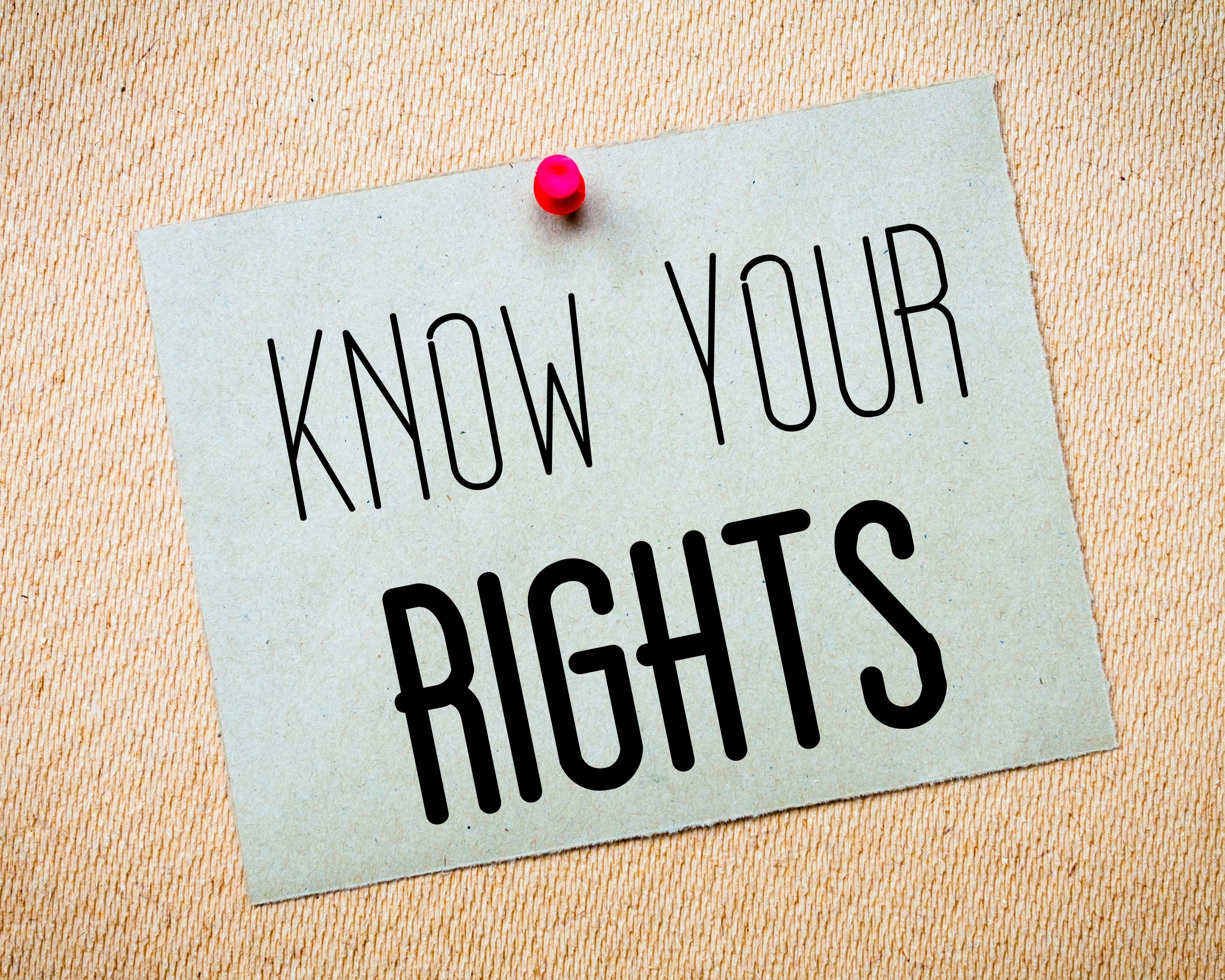Share This Article
Your supervisor threatens to fire you for reporting safety violations, but federal law might have your back. Speaking up about wrongdoing at work takes courage, especially when your paycheck depends on staying quiet. The Whistleblower Protection Act and dozens of other federal laws create legal shields for employees who report misconduct, fraud, or safety hazards.
Understanding Federal Whistleblower Protections
Multiple federal laws protect different types of whistleblowing. The Whistleblower Protection Act covers federal employees who report waste, fraud, or safety threats within government agencies. The Sarbanes-Oxley Act protects employees of publicly traded companies who report securities fraud or SEC violations. The False Claims Act shields employees who report fraud against the government, with successful whistleblowers receiving 15-30% of recovered damages.
Industry-specific laws protect workers in aviation, nuclear power, trucking, railroads, mining, and environmental protection. Each law has different procedures, deadlines, and remedies.
Warning: Whistleblower laws have strict deadlines for filing complaints, typically 30-180 days after retaliation occurs. Missing these deadlines can permanently bar your claims.
What Conduct Qualifies for Protection
Protected disclosures must involve violations of law or substantial dangers to public health and safety. Internal complaints to supervisors, human resources, or compliance departments often qualify, as do reports to government agencies or law enforcement.
Your disclosure doesn’t need to be formal or in writing. The information must be something you reasonably believe shows wrongdoing. You don’t need absolute proof, but you must have a good faith basis for your concerns.
Recognizing Prohibited Retaliation
Retaliation includes any adverse employment action taken because of your protected disclosure. This covers firing, demotion, or suspension, but also subtler forms like hostile work environment, exclusion from meetings, unreasonable work assignments, negative performance reviews, or industry blacklisting.
Document everything carefully. Keep emails, performance reviews, and detailed notes about conversations. Save personal copies at home since employers often restrict access to files after retaliation begins.

Filing Complaints and Seeking Remedies
Each whistleblower law has specific filing procedures. The Office of Special Counsel handles federal employee complaints. Private sector employees typically file with agencies like OSHA, the Department of Labor, or the SEC.
Successful cases can result in reinstatement with back pay, compensation for emotional distress, attorney fees, and monetary rewards under laws like the False Claims Act.
Strategic Considerations Before Reporting
Consider internal reporting first when your employer has genuine compliance programs. However, skip internal reporting if management is involved in wrongdoing, your employer retaliates against whistleblowers, or misconduct poses immediate public dangers.
Consult with a whistleblower attorney before making disclosures whenever possible. Many work on contingency or under fee-shifting provisions.
Protecting Yourself During the Process
Keep detailed records of misconduct and personal copies of relevant documents. Continue performing your job professionally even if facing retaliation, as poor work performance can undermine your claims.
Whistleblowing remains risky despite legal protections, and cases often take years to resolve. However, these laws provide real remedies for genuine retaliation and serve the public interest. The strongest cases involve clear evidence of both protected activity and subsequent retaliation. Speaking up about wrongdoing serves the public interest, and understanding your rights can help you make informed decisions while protecting your career and legal interests.


